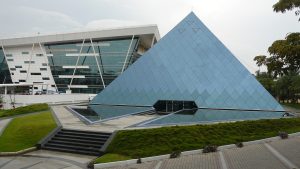
Top 10 Essential Skills for Effective Leadership in the Workplace
In today’s rapidly changing and dynamic work environment, effective leadership is
more crucial than ever. Great leaders inspire their teams, drive innovation, and foster
a positive workplace culture. To excel in leadership roles, individuals must possess a
diverse set of skills that go beyond technical expertise. In this blog post, we’ll explore
the top 10 essential skills for effective leadership in the workplace, helping you
understand what it takes to lead with confidence and success.
1. Communication:
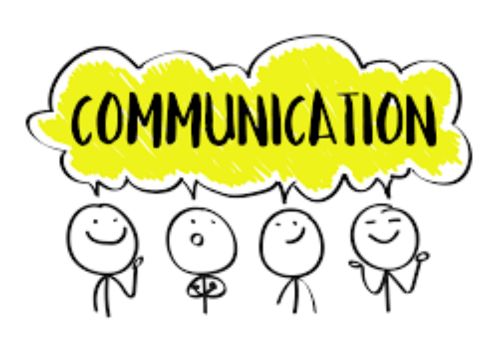
Effective communication is at the heart of leadership. Leaders must
convey their vision, expectations, and feedback clearly and concisely. They should
be skilled in both verbal and written communication and actively listen to their team
members. Transparent and open communication builds trust and ensures everyone
is on the same page.
2. Emotional Intelligence:
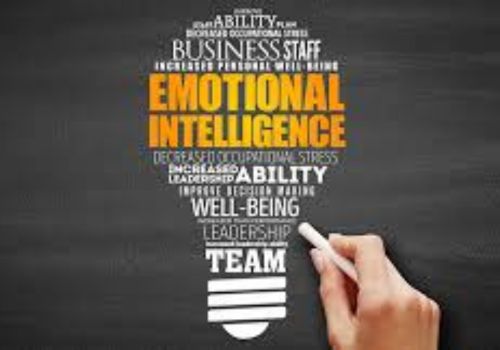
Emotional intelligence, often referred to as EQ, involves
recognizing and managing one’s emotions and understanding and empathizing with
the emotions of others. Leaders with high EQ can navigate conflicts, build strong
relationships, and create a positive work environment. These essential skills for effective leadership in the workplace are attuned to the needsand concerns of their team members.
3. Decision-Making:
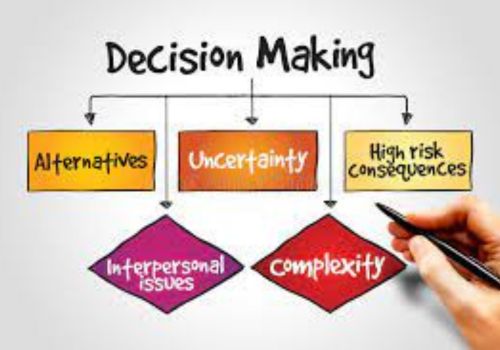
Effective leaderships are faced with a multitude of decisions every day, rangingfrom strategic choices to day-to-day operations. Effective leaders are skilleddecision-makers who consider available information, weigh pros and cons, and maketimely, informed decisions. They are not afraid to take calculated risks when necessary.
4. Adaptability:
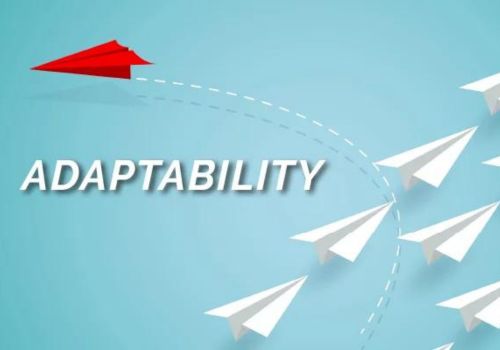
In a rapidly evolving business landscape, adaptability is crucial. Leaders
must be flexible and open to change essential skill. They should be willing to adjust their strategies
and approaches to meet new challenges and seize emerging opportunities. An
adaptable leader sets the tone for the entire team.
5. Problem-Solving:
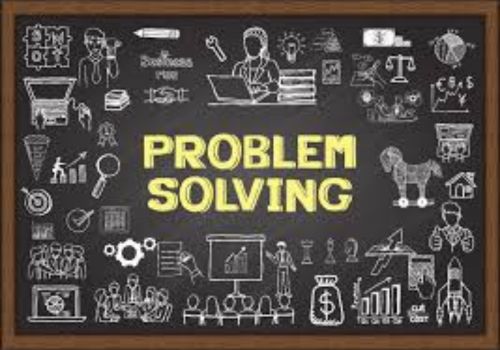
Every workplace encounters problems and challenges. Effective
leaders excel in problem-solving by approaching issues methodically, identifying root
causes, and implementing effective solutions. They encourage creative thinking and
collaboration within their teams to tackle complex problems.
6. Team Building:
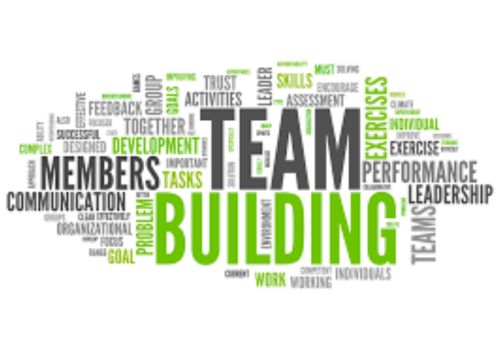
Building and nurturing high-performing teams is a hallmark of
effective leadership. Leaders should be adept at assembling diverse teams, fostering
collaboration, and recognizing and leveraging each team member’s strengths. A
strong team is often more than the sum of its parts.
7. Time Management:
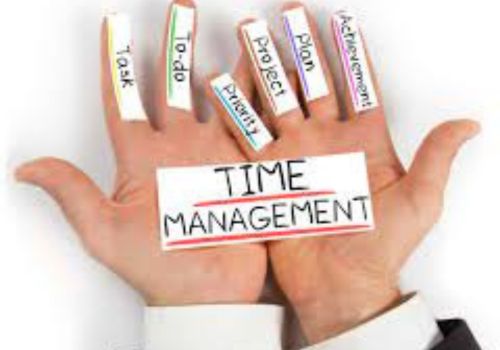
Leaders often juggle multiple responsibilities and tasks. Effective
time management is essential to prioritize important work, meet deadlines, and
maintain work-life balance. Leaders should set clear goals, delegate when
necessary, and avoid time-wasting activities.
8. Conflict Resolution:

Conflict is a natural part of any workplace, but it can also be a
significant impediment to productivity and morale if not managed properly. Effective
leaders have strong conflict-resolution skills. They can mediate disputes, find
common ground, and promote a harmonious work environment.
9. Strategic Thinking:
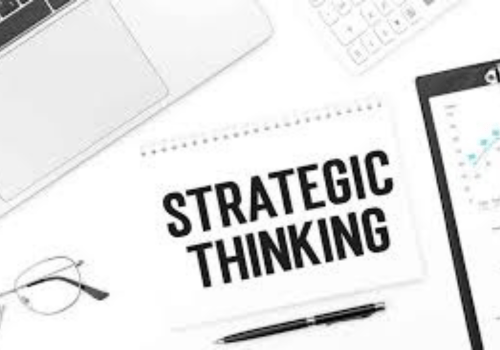
Leaders must have a long-term perspective and the ability to
think strategically. They should be able to set a clear vision for the future, define
strategic goals, and develop plans to achieve them. Strategic thinking enables
leaders to steer their teams and organizations toward success.
10.Empowerment and Delegation:
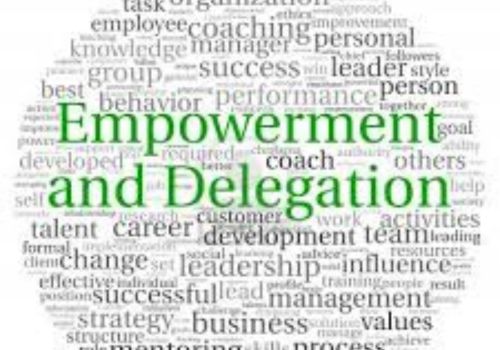
Effective leaders don’t try to do everything
themselves. Instead, they empower and delegate responsibilities to their team
members. Trusting and empowering others not only helps distribute the workload but
also fosters employee growth and development.
These ten skills form a foundation for effective leadership, but it’s important to note
that leadership is not one-size-fits-all. Different situations may require different skills
and approaches. Moreover, leadership is an ongoing journey of growth and self-
improvement. Leaders should continually seek opportunities for learning and
development to stay relevant and effective.
In addition to these skills, effective leaders should also cultivate qualities such as
integrity, humility, and a strong work ethic. Leading by example and demonstrating
ethical behavior can have a profound impact on team morale and organizational
culture.
Furthermore, successful leaders should stay attuned to industry trends and emerging
technologies. Staying informed and embracing innovation ensures that leaders
remain relevant and can guide their teams through periods of change and disruption.
In conclusion, effective leadership is a multifaceted skill set that encompasses
communication, emotional intelligence, decision-making, adaptability, problem-
solving, team building, time management, conflict resolution, strategic thinking, and
empowerment. Leaders who continually develop and refine these skills are better
equipped to navigate the challenges of today’s workplace and drive their teams
toward success. Leadership is not about having all the answers; it’s about inspiring
and empowering others to achieve their best potential. By honing these essential
skills, you can become a more effective and influential leader in your workplace,
driving positive change and fostering growth for both yourself and your team.

